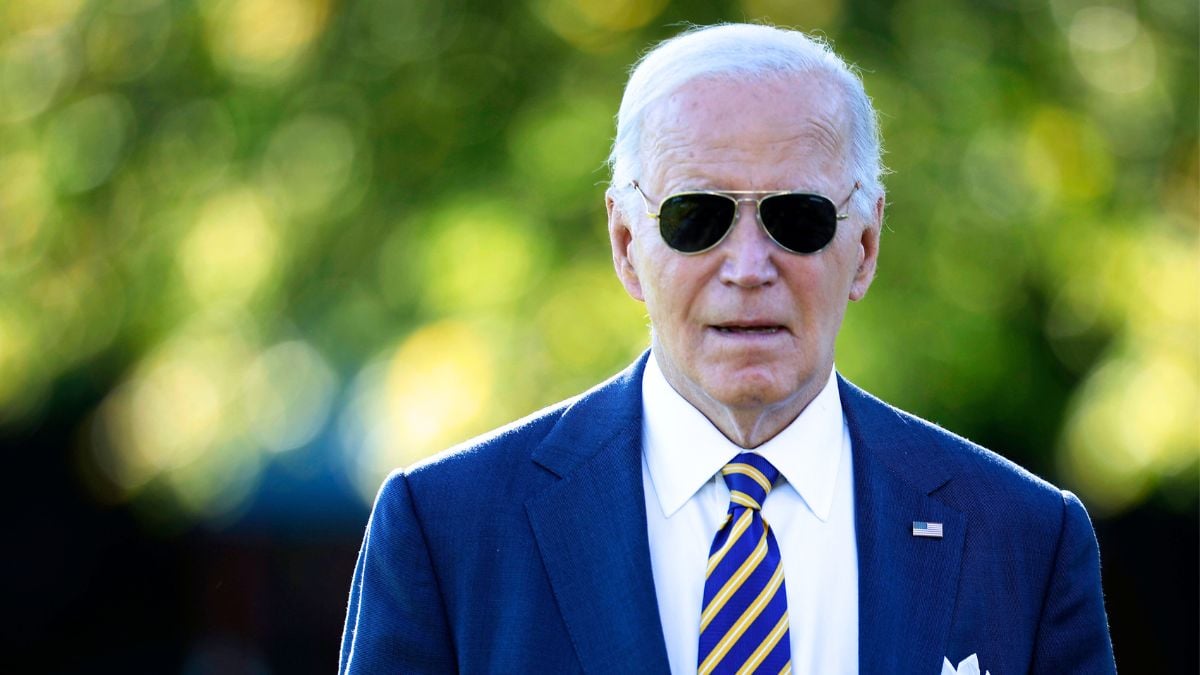President Joe Biden has been under heavy fire for allegedly violating the Presidential Records Act of 1978. But what does this possible transgression even mean?
The Presidential Records Act fundamentally changed how presidential documentation is handled in American democracy. Enacted in response to the Nixon administration’s controversial handling of White House documents, this landmark legislation transformed presidential records from private property into public assets.
The law requires the preservation of all presidential records, from formal documents to electronic communications, ensuring they belong to the American people rather than individual presidents. Under this framework, presidents and their staff must maintain accurate records of all official business, with these documents automatically transferring to the National Archives upon leaving office. The logic is simple: with enough paper trail, the citizens of the United States can hold the President accountable for what they say — as they should, since the President is a public servant.
How did Joe Biden supposedly violate the Presidential Records Act?
During a video call with Latino activists on the evening of Tuesday, October 26, Biden responded to comedian Tony Hinchcliffe’s derogatory comments about Puerto Rico at a Trump rally. According to the original stenographers’ transcript, Biden said, “The only garbage I see floating out there is his supporters — his — his demonization of Latinos is unconscionable, and it’s un-American.”
The White House press office subsequently modified the transcript by adding an apostrophe to change “supporters” to “supporter’s,” attempting to indicate that Biden was referring to trash left behind by Hinchcliffe’s supporters, not the supporters themselves. This modification occurred after the press office “conferred with the president,” but without proper authorization from the White House Stenography Office.
The head of the stenography office labeled this action as “a breach of protocol and spoliation of transcript integrity.” According to established procedures, while the Press Office may choose to withhold a transcript, it cannot independently edit it. This incident has created two different versions of the same presidential record — one held by the National Archives and another released to the public.
The timing of Biden’s remarks proved particularly awkward. Vice President Kamala Harris delivered a speech about treating Americans of differing ideologies with respect when Biden’s comments became public – which created a chasm between the President and the Democrat’s presidential candidate. In addition, the Trump campaign quickly capitalized on the controversy, with Trump himself staging a photo opportunity inside a garbage truck. Finally, House Republicans, led by Oversight Chairman James Comer and Conference Chairwoman Elise Stefanik, have accused the White House of violating the Presidential Records Act by “releasing a false transcript.” They have demanded the preservation of all related documents and communications, suggesting a potential congressional investigation.
So, did a violation of the Presidential Acts occur? The inclusion of the apostrophe in the transcript indicates two interpretations of what Biden says, both possible considering the limitations of oral communication in this specific matter. However, the unauthorized alteration of an official transcript could violate the Presidential Records Act, potentially leading to legal consequences and congressional oversight investigations.
The rewrite procedure didn’t follow all the expected protocols, that’s for sure. Now, we have to wait to see what a potential investigation will say about the severity of the change.
